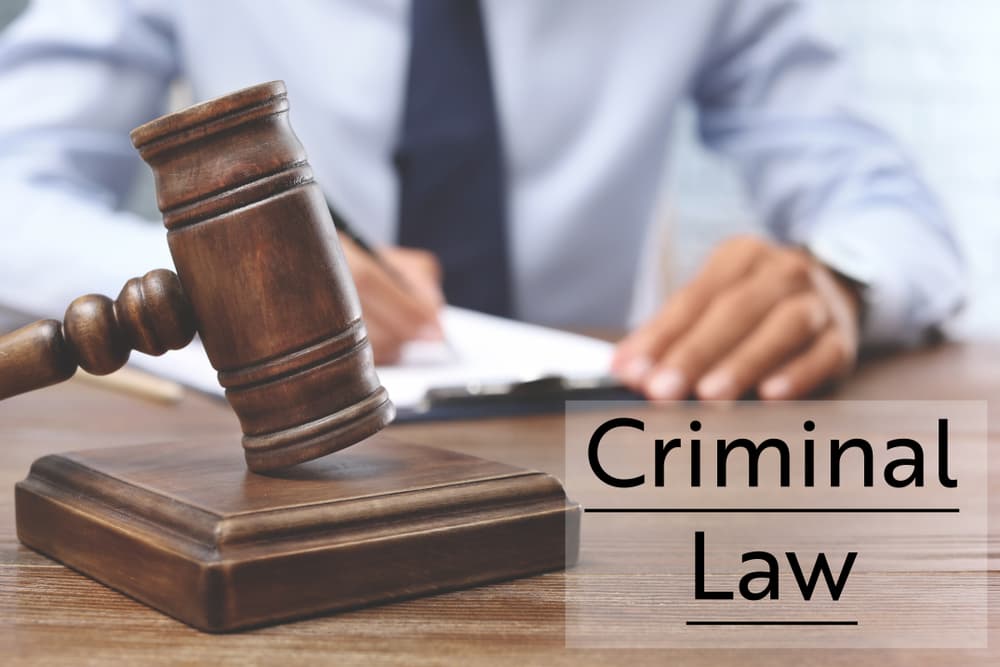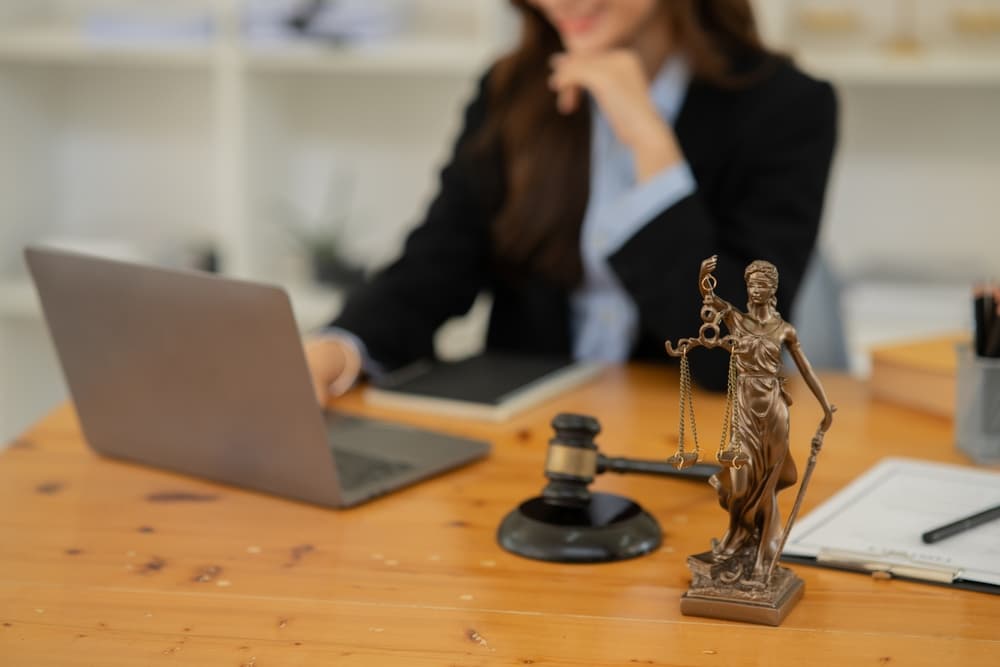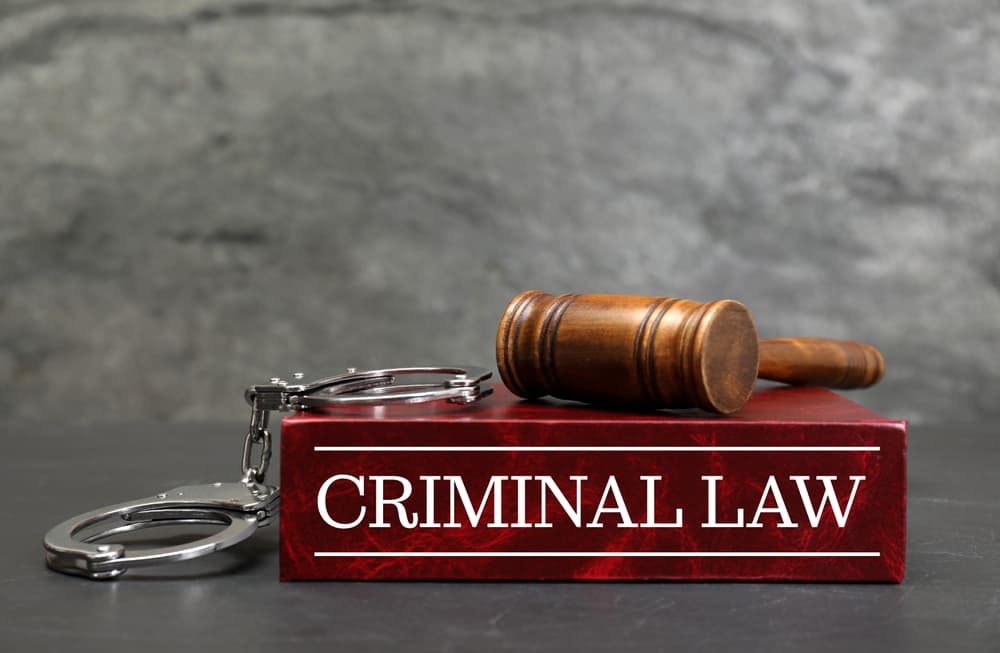A criminal defense lawyer’s primary work is defending an individual or group charged with criminal offenses. They support their clients’ interests and ensure a just trial for those they represent. Below is information regarding the work of Miami criminal defense lawyers and how they provide justice in society.
Duties of a Criminal Defense Attorney
A criminal defense attorney’s job covers several tasks. They include investigating the case, appearing with their client, and representing them in court. A few of their primary duties follow:
Case Review

- Collecting the Evidence: Your attorney collects and reviews the evidence concerning the case, such as police reports, witness testimony, and forensic reports.
- Interviewing Witnesses: Your attorney will interview witnesses to obtain information and verify their reputation and dependability.
- Consulting Experts: In some situations, the lawyer might work with specialists, such as forensic experts or psychologists, to understand the evidence better so they can strengthen the defense.
Advising the Client
- Explaining the Charges: Your lawyer will review the charges against you and outline the possible consequences if you’re convicted.
- Reviewing Defense Plans: Your attorney will review potential defense plans to help decide how to proceed.
- Negotiating Plea Bargains: In some situations, your attorney will negotiate with the prosecutor to reach a plea deal, which can reduce the punishments and charges.
Representing the Client in Court
- Filing Motions: An attorney will file motions on your behalf to exclude evidence or to file a motion to dismiss.
- Cross-Examining Witnesses: Attorneys cross-examine prosecution witnesses to get them to deny what they have testified to or discover discrepancies.
- Presenting Evidence: Your attorney will present the evidence and arguments for your defense.
- Giving Closing Arguments: Attorneys give closing arguments to the judge or jury, reviewing the evidence and requesting an acquittal.
Sentencing and Appeals
Filing Appeals: If the client is convicted and the attorney feels there were mistakes in the trial, they can appeal to a higher court.
Plea for Leniency: If the client is convicted, a lawyer may plead for leniency, depending on the client’s situation and the type of the crime.
The Importance of a Criminal Defense Lawyer
The role of a criminal defense attorney is to ensure the rights of an accused person are shielded. The following information shows why using a lawyer’s services can make a significant difference.
Maintaining the Client’s Rights:
Throughout the process, a criminal defense attorney preserves the client’s constitutional rights, including the right to a fair trial and the right against self-incrimination.
Leveling the Field in the Legal Arena:
The prosecutor has access to vast resources. A criminal defense attorney levels the playing field by giving the accused the legal means to present an effective defense.
Providing a Fair Trial:
A criminal defense lawyer provides a fair trial to the defendant by protesting the evidence produced by the prosecution, conducting cross-examination of witnesses, and presenting a sound defense.
Mitigating the Outcome:
A criminal defense lawyer can mitigate a case’s outcome by advocating for a light sentence or alternative sentencing if their client is found guilty.
When to Hire a Criminal Defense Lawyer
If you’ve been charged with a crime, it is essential to seek out the services of a criminal defense attorney without delay. Doing so will help you build a solid defense.
Criminal Defense Focus
There are specific areas of criminal defense that lawyers may practice. Some of these include:
DUI/DWI Defense:
Attorneys who defend DUI/DWI cases thoroughly know DUI/DWI statutes and procedures.
Drug Crimes Defense:
Drug crimes defense lawyers represent clients who are charged with drug possession, distribution, and trafficking charges.
Violent Crimes Defense:
Violent crimes defense attorneys represent clients facing charges of assault, battery, and homicide cases such as voluntary and involuntary manslaughter.
Sex Crimes Defense:
Sex crimes defense attorneys represent cases of sexual assault, rape, and other sex crimes.
White-Collar Crimes Defense:
White-collar crime defense attorneys take on cases of fraud, embezzlement, and other white-collar non-violent offenses.
Theft and Property Crimes Defense:
Attorneys who manage theft and property crime defenses handle offenses ranging from shoplifting to robbery to burglary (or breaking-and-entering). The attorney investigates the evidence while working to preserve your rights and reputation.
How to Select a Criminal Defense Attorney
You must choose a criminal lawyer who will decide the destiny of your case. The following lists are some of the factors that you should observe in selecting an attorney:
Experience:
Select an attorney who has experience handling cases similar to yours.
Reputation:
Choose an attorney with a good reputation with the state bar and ABA.
Communications Style:
Select an attorney who is good at communicating and keeps you posted on the progress of your case.
Comfort Level:
Select a lawyer you are comfortable with and trust to advocate your rights.
How a Criminal Defense Lawyer Makes a Difference in Your Case’s Outcome: Key Takeaways
When you hire a criminal defense lawyer, you can expect a better outcome in your criminal case. The following list explains why having a lawyer at your side is necessary.

- Case Evaluation and Strategy: A skilled defense lawyer will thoroughly evaluate your case, identifying strengths, weaknesses, and potential legal strategies. They will then devise a defense that aligns with your specific circumstances.
- Protecting Your Rights: A defense lawyer can protect your rights when arrested. They can advise you on what to say (or not say) to law enforcement and ensure you are treated fairly throughout your defense.
- Getting the Evidence to Build Your Case: A defense lawyer will investigate the case and gather evidence to support your defense. Evidence gathering may include interviewing witnesses, obtaining police reports, and consulting with experts.
- Negotiating or Plea Bargaining with the Prosecution: A defense lawyer can often deal with the prosecution to reach a plea bargain or reduce charges. This usually results in a more favorable outcome than going to trial.
- Representing You in Court: If your case ends, your defense lawyer will represent you. They will highlight the evidence, cross-examine witnesses, and argue on your behalf.
- Knowledge of the Law: Criminal defense lawyers know criminal law and court procedures inside out.
- Experience: Experienced defense lawyers juggle numerous cases – just like yours. They know what to expect and how to defend you in the best light.
- Objectivity: A defense lawyer can provide an objective review of your case. This viewpoint helps you make more informed decisions about your legal options.
- Reduced Stress: A defense lawyer will manage the legal details so you can focus on your everyday obligations.
Speak to a Criminal Defense Attorney Right Away
A criminal defense attorney offers protection of rights to the accused and a fair trial with a better outcome. They will interpret the details of the legal process and ensure the most favorable results in your case. Talk to a criminal defense lawyer right away.

